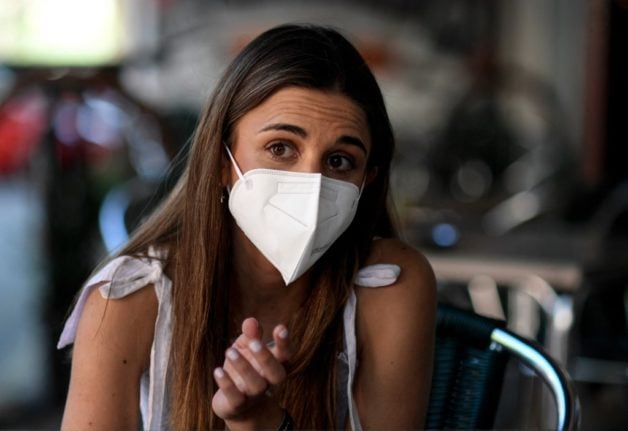The government will hold a press conference next week where it will announce the easing of the current Covid-19 rules, health minister Ingvild Kjerkol told broadcaster TV2.
“We have said at the beginning of next week we will make an assessment of the overall measures. We can see that we can tolerate more infection now, so everyone can prepare for it (the easing of restrictions),” Kjerkol told TV2.
The health minister said that the country’s Covid rules would be eased over a relatively short period of time when asked by the broadcaster whether most measures could be lifted in a month’s time.
“It sounds like a likely scenario (that most measures are lifted within a month). We will come back when we have a message about what easing will come and in what order,” she told the broadcaster.
The health minister said that due to Omicron being milder than other variants, measures could be lifted despite rising infection rates. When it announced its last relaxation of the Covid rules at a press conference on January 14th, the government said it would reassess the restrictions at the turn of the month.
The government makes its decisions regarding the Covid rules based on professional advice from the country’s health authorities, the Norwegian Institute of Public Health (NIPH) and the Norwegian Directorate of Health.
READ MORE: Norway to scrap Covid-19 entry quarantine for all travellers
In an updated risk assessment on the current wave of infection, the NIPH essentially gave the government the green light to ease more restrictions going forward by saying that most rules could be gradually phased out in the coming weeks.
“Most measures against the epidemic can now gradually be reduced over a short period of time without, in the long run, leading to a significantly increased disease burden. The measures with the greatest burden on children and young people should be removed first,” the NIPH wrote in its risk assessment.
On Wednesday, the government scrapped its entry quarantine rules for all arrivals, regardless of vaccination status.




 Please whitelist us to continue reading.
Please whitelist us to continue reading.
Member comments